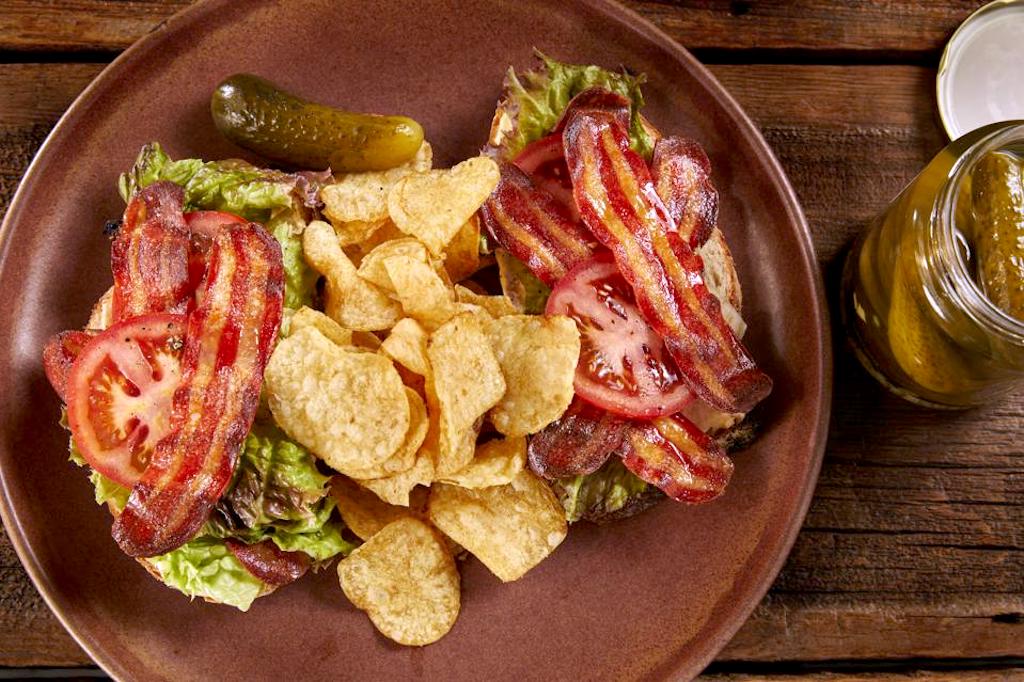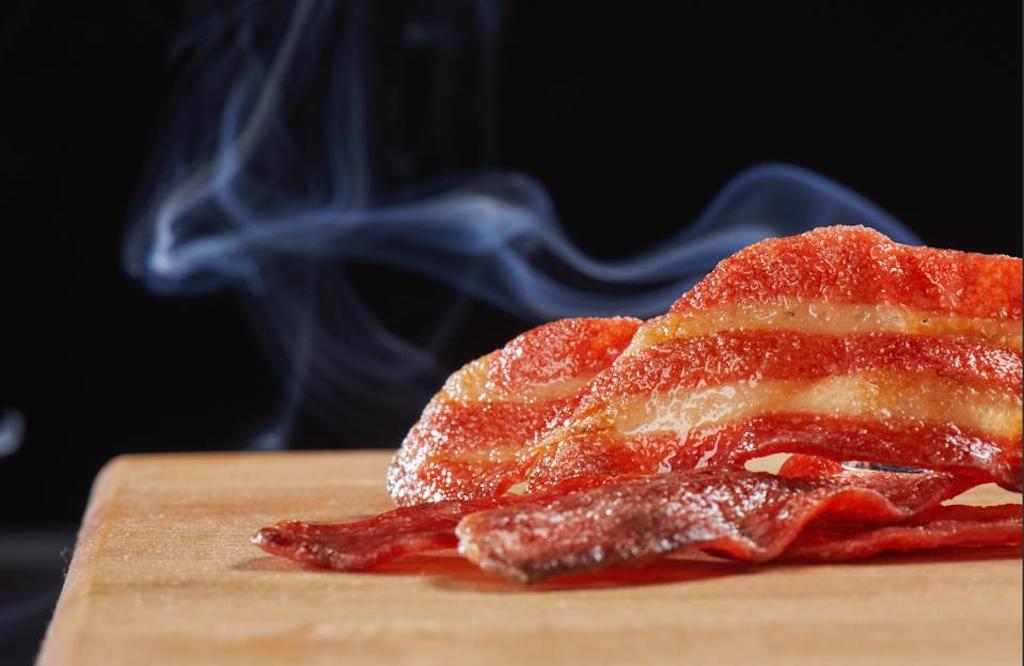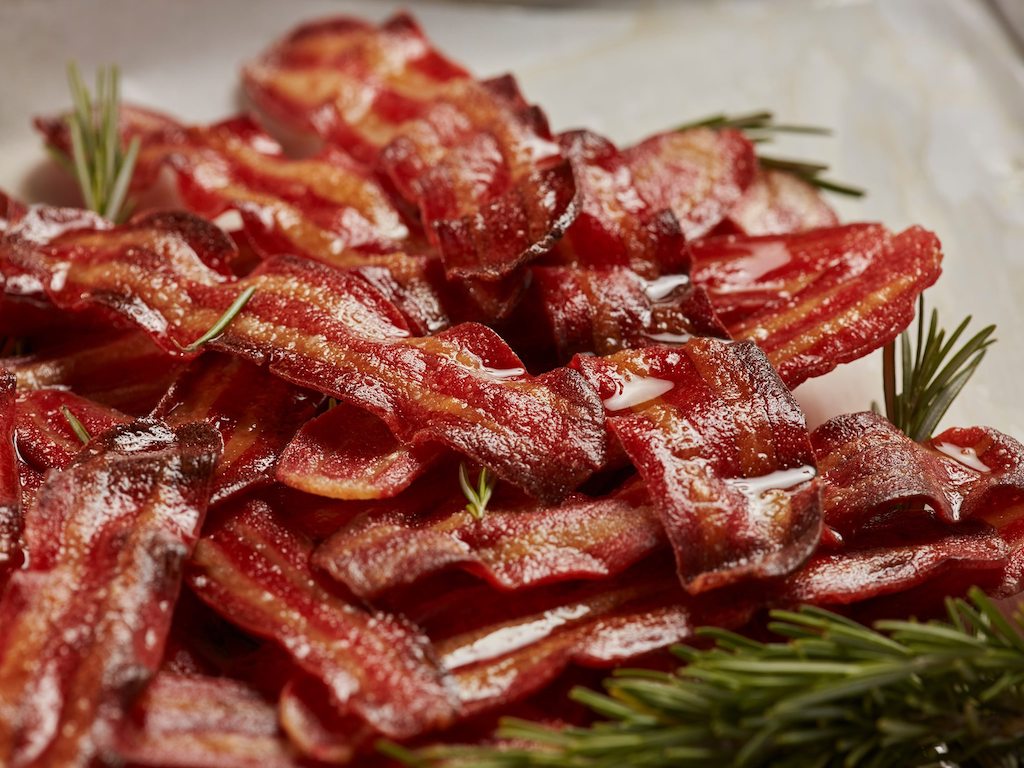3 Mins Read
Berkeley, California-based food tech Mission Barns is planning to start tastings of its cell-based bacon and pork fat this month. The startup is now discussing partnerships with leading food companies to use its cultured animal fat, grown in bioreactors using its proprietary technology, with plant-based components to create “hybrid” alternative meats that are cruelty-free and sustainable, yet unrivalled in terms of taste.
Founded by Eitan Fischer and David Bowman in 2018, Mission Barns is one of the few cultivated food tech startups focused on developing cruelty-free animal fats. Using cells that have been isolated from animals and placed in a warm cultivator, the startup grows the cells into meat or animal fat by feeding it nutrients, vitamins, sugars and proteins.
Having developed a scalable way to cell-culture sustainable, antibiotic-free, safe and humane meat and fat that is identical to its conventional counterparts, the company now wants to test its products. This month, Mission Barns will be launching outdoor taste tests at two restaurants in the San Francisco Bay Area, where participants will be able to be the first to try what is the world’s first cell-based bacon product and cultivated fat.

The startup also shared that it is now in talks with food manufacturers to add its cultivated animal fats into plant-based meats in order to elevate the experience of next-gen alternative proteins.
“The fat really drives the sensory experience you get when you bite into a piece of bacon and delivers that distinct meaty pork flavour, whereas the plant-base provides texture,” Fischer told FoodNavigator, adding that the hybrid final product is an alternative protein that is more cost-efficient to produce, which will accelerate the process of commercialisation.
In addition to working with plant-based producers, the company shared with the publication that it is also in talks with traditional pork manufacturers, including some of the largest pork firms in the world.
The fat really drives the sensory experience you get when you bite into a piece of bacon and delivers that distinct meaty pork flavour, whereas the plant-base provides texture.
Eitan Fischer, Co-Founder & CEO of Mission Barns
“We’re looking for the right partner for each major application to bring products to market, so we’d be licensing out technology to the partnership to commercialise these products together,” Fischer shared with FoodNavigator.

Last month, British food tech Higher Steaks debuted the world’s first cultivated pork belly prototype and the second cell-based bacon after Mission Barns. The company utilised a hybrid technique that combined animal cells with plant-based proteins and fats.
We’re looking for the right partner for each major application to bring products to market, so we’d be licensing out technology to the partnership to commercialise these products together.
Eitan Fischer, Co-Founder & CEO of Mission Barns
Mission Barns is again not alone when it comes to cultivating animal fats, though there is fewer competition in this area. Cubiq Foods, a Barcelona-based startup, is creating cell-based fats that are high in omega-3 fatty acids.
The development of these alternative pork fats and cuts of meat in the cultivated industry is a huge breakthrough, given that pork supplies have been threatened by both the coronavirus pandemic, which has hit slaughterhouses particularly hard, and the ongoing African swine fever outbreak.
Since last year, plant-based companies have already been eyeing the gap in the pork market, with the likes of Impossible Foods debuting plant-based pork, while Beyond Meat and Omnipork make significant inroads into China, the world’s largest pork producer and consumer.
All images courtesy of Mission Barns.




